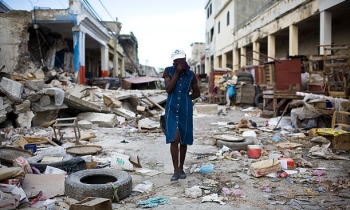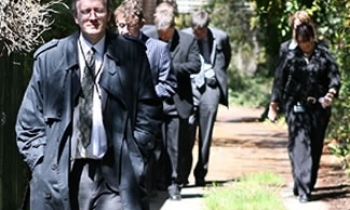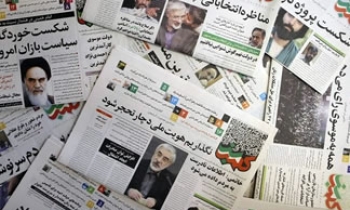Four members of the military police have been in connection with the May 2007 murder of Luiz Carlos Barbon Filho, a journalist based in São Paulo state of Brazil.
“These arrests constitute the first step in a victory over impunity, one that could not be taken for granted given that those arrested are police officers,” Paris-based Reporters sans Frontières (RSF) said in a statement. “It is an undeniable advance for the rule of law. But we should remain cautious at this stage in the proceedings and wait to see the exact role that each of these policemen allegedly played in Barbon Filho’s death. The trial of his alleged murders should set an example.” No date has been set for the trial.
Barbon Filho, 37, was at a Port Ferreira bar in São Paulo state on May 5, 2007 when two masked men on a motorcycle pulled up outside. One of them went inside and shot twice, hitting the journalist in the abdomen and the back. Barbon Filho contributed to the Jornal do Porto weekly, the JC Regional daily and Radio Porto FM. A total of eight journalists have been murdered in Brazil since 2002.
The four detained military police members are Capt Adélcio Carlos Avelino, Sgt Edson Luiz Ronceiro, his brother, Pvt Paulo César Ronceiro, and Pvt Valnei Bertoni. After investigations were formally opened against them on February 19 on suspicion of homicide, attempted homicide and criminal association, they were arrested at the request of prosecutor Gaspar da Silva Júnior of the Special Regional Group for the Prevention and Repression of Organised crime (GAERCO).
Adelino is the cousin of Carlos Alberto da Costa, the presumed owner of the gun used in the murder, who had already been arrested.
According to the victim’s widow, Kátia Camargo, he had been the target of repeated death threats shortly before the murder. At the time of his death, he had been investigating a robbery in which members of the local police were allegedly involved. In a story he wrote in 2003, he accused five municipal councillors and four local businessmen of sexual abuse of teenage girls. They were brought to trial but were acquitted or were given light sentences.









